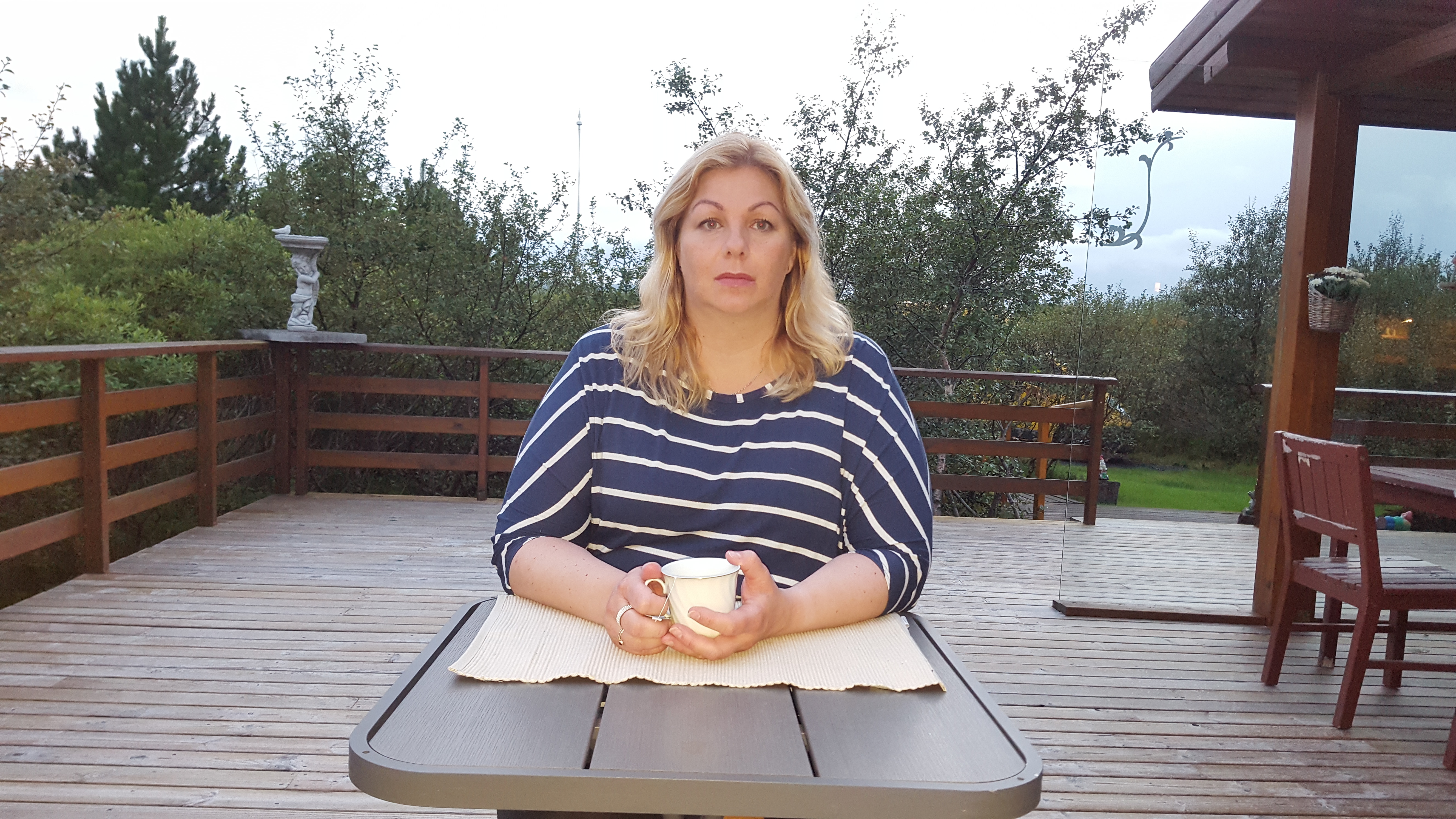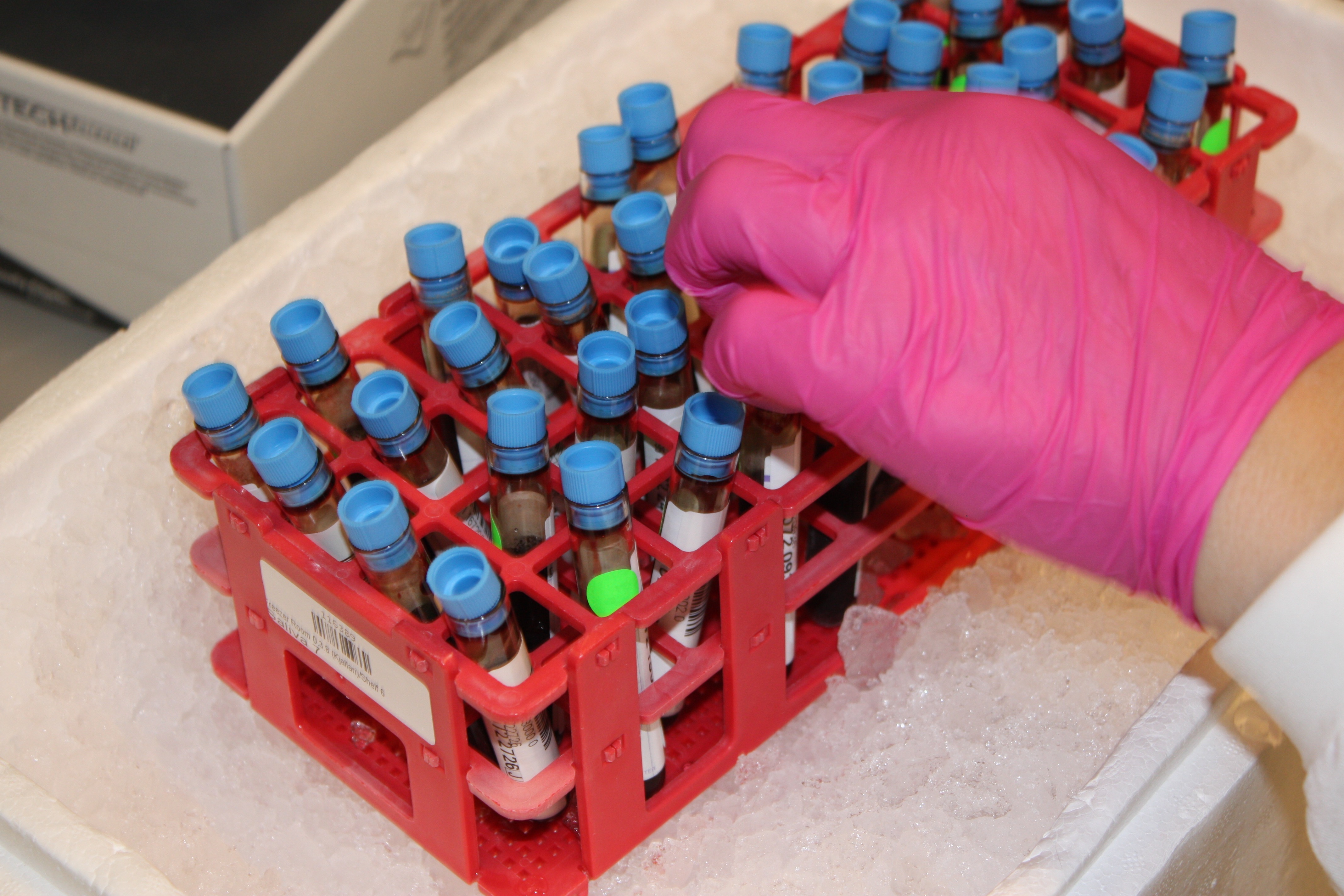
Having BRCA gene mutations can bring the odds of developing breast cancer up to 80 percent. However, that risk can be brought down to almost none with preventative surgeries.
One in every 500 women in the U.S. carries a BRCA1 or BRCA2 mutations. Figuring out who they are would be very complicated and even if it could be done, should it?
This is a question for Iceland, a country that is at the forefront of genetic research. The biopharmaceutical company deCode Genetics has discovered that 0.7 percent of the nation likely carries the BRCA2 mutation. The company knows who these people are and wants to warn them, but it can't. The individuals have the right not to know.
The "right not to know" is viewed as extremely important by the medical community but to the general public the term may feel in direct opposition to the Hippocratic oath.
Is to do nothing really the same as "to do no harm"?
Advances in genetics are testing the bounds of medical ethics everywhere. Knowing what's to come can save both lives and money but it can also lead to a lifetime of worry and mental health issues as individuals live with the uncertainty of developing diseases such as cancer, Alzheimer's or Huntington's.
This "catch-22" is will become increasingly important as our understanding of genetics continues to grow. In Iceland, this process has been accelerated, giving the country the opportunity to start a conversation with the rest of the world: How much do we want to know?
-
×
 English
English






